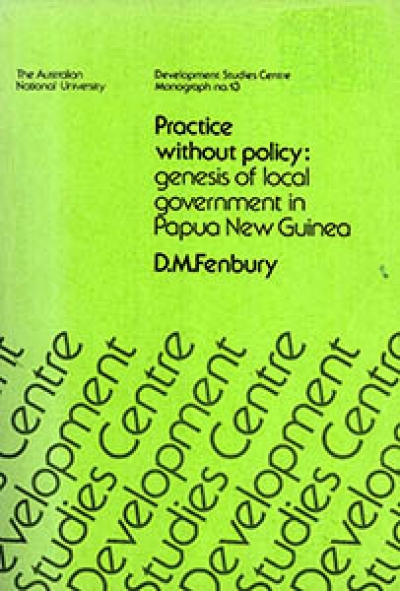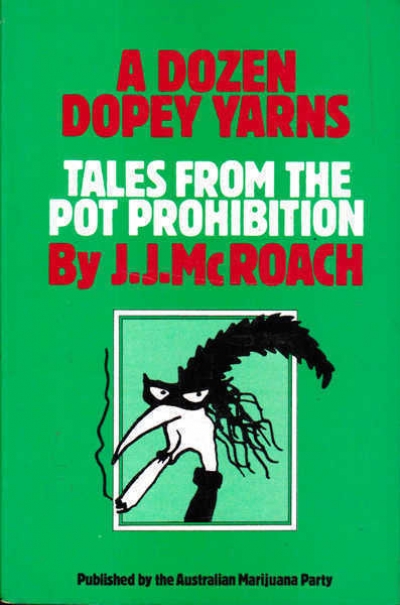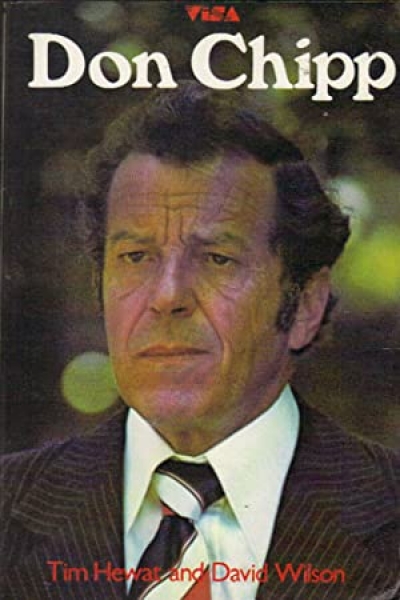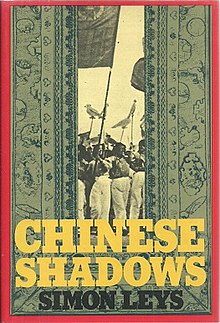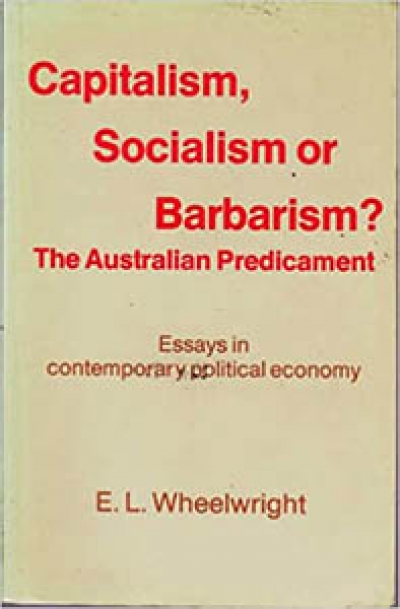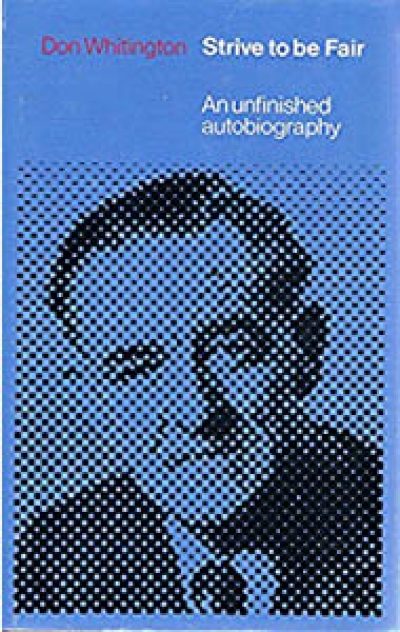Politics
Practice without Policy: Genesis of local government in Papua New Guinea by D.M. Fenbury
Marxists have always been concerned about the relationships of intellectuals to the rest of society, and particularly to change in society. The intellectual, being able to stand aside from immediate social pressures, is able to see the truth of what is happening, and so to correct the false consciousness of those who are involved in the everyday business of production.
Marx and Engels themselves provide the perfect examples of these roles – Engels earned the income, in his role as successful capitalist, while Marx did the thinking. Yet there is a contradiction. The conclusion to which Marx's thinking led him was that ideas themselves are determined by the material forces of production. If this is so, then the words of the intellectual who explains this process are not only irrelevant. but probably untrue, as the consciousness which has generated his ideas has not itself been a part of the productive process.
... (read more)
